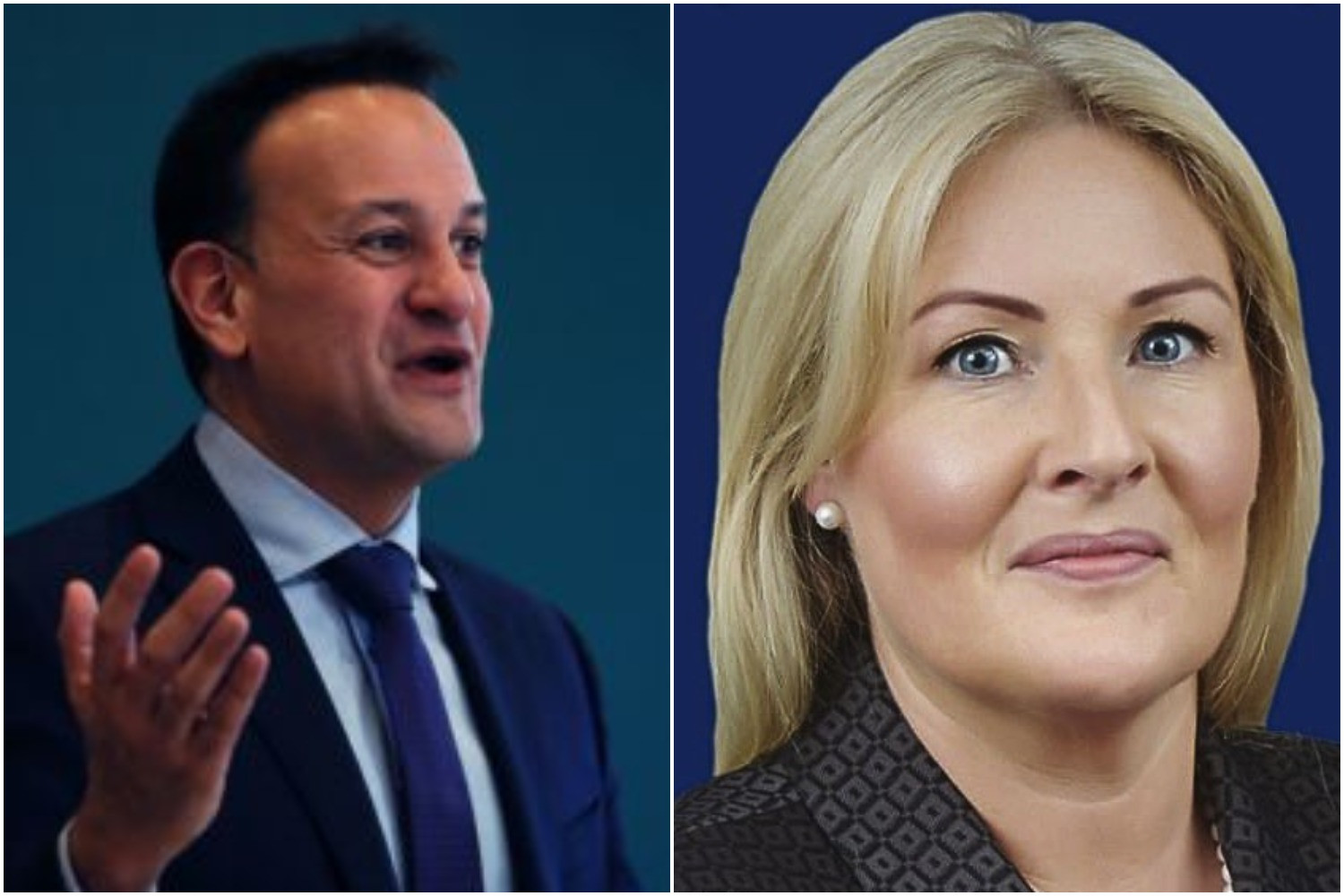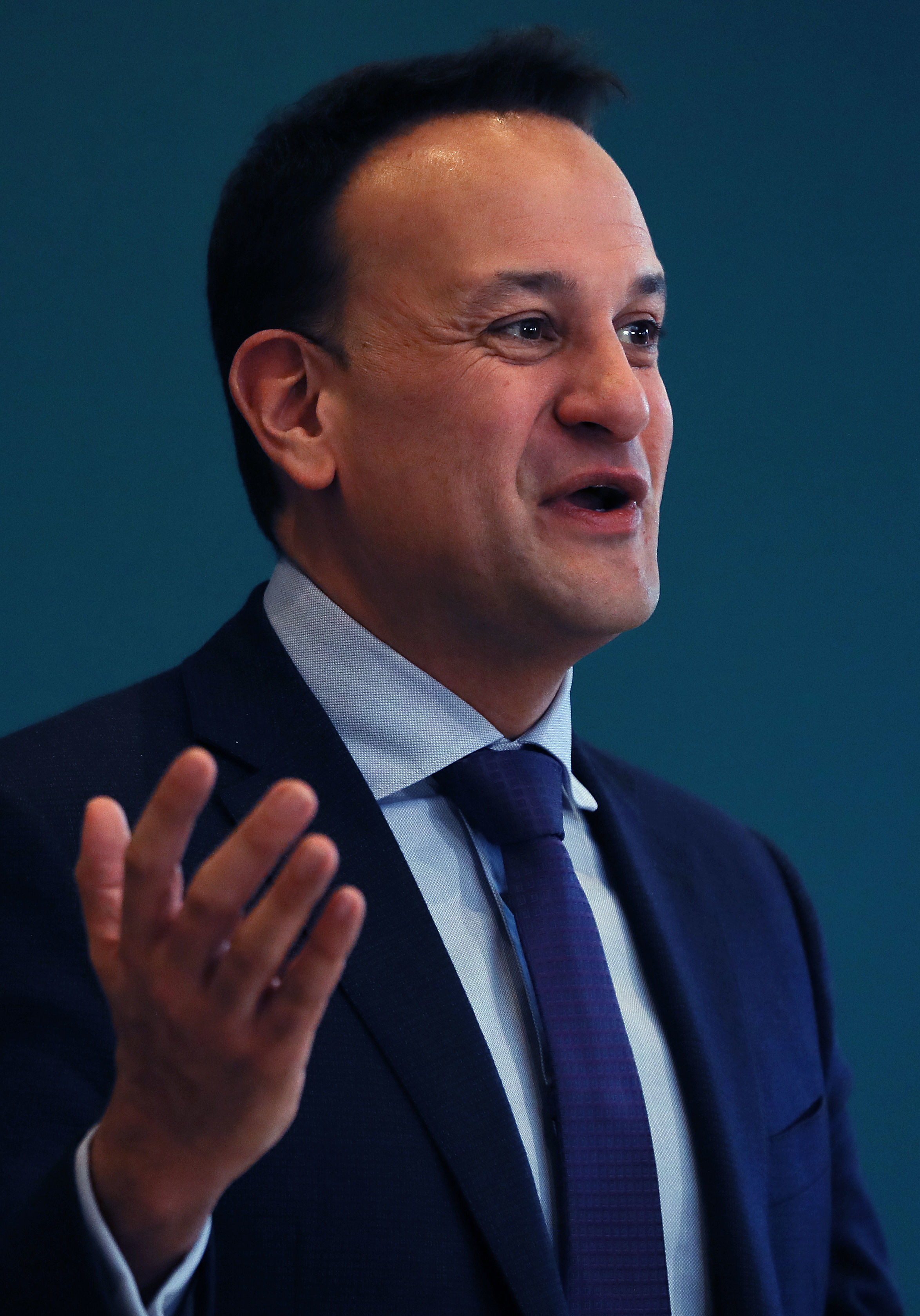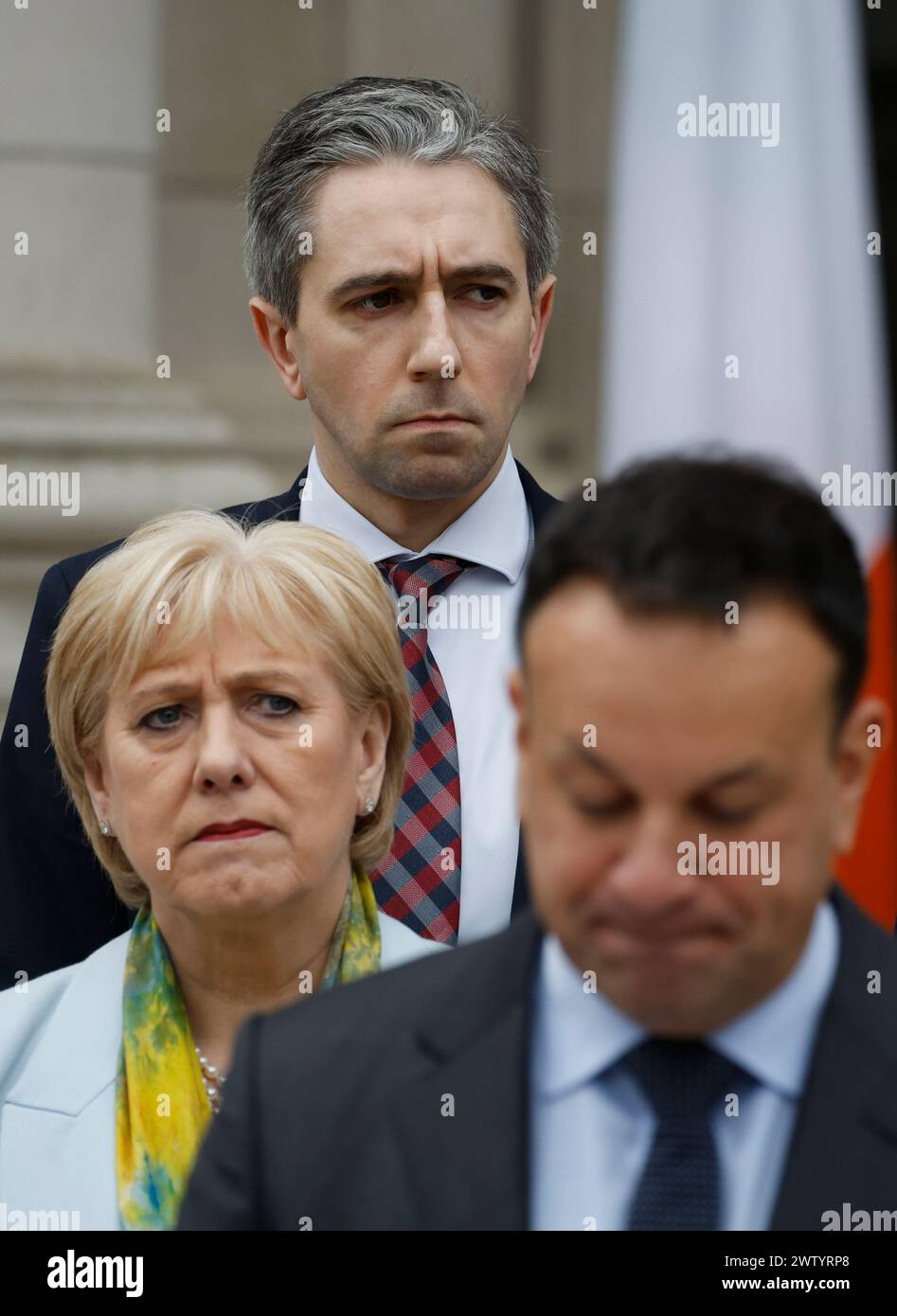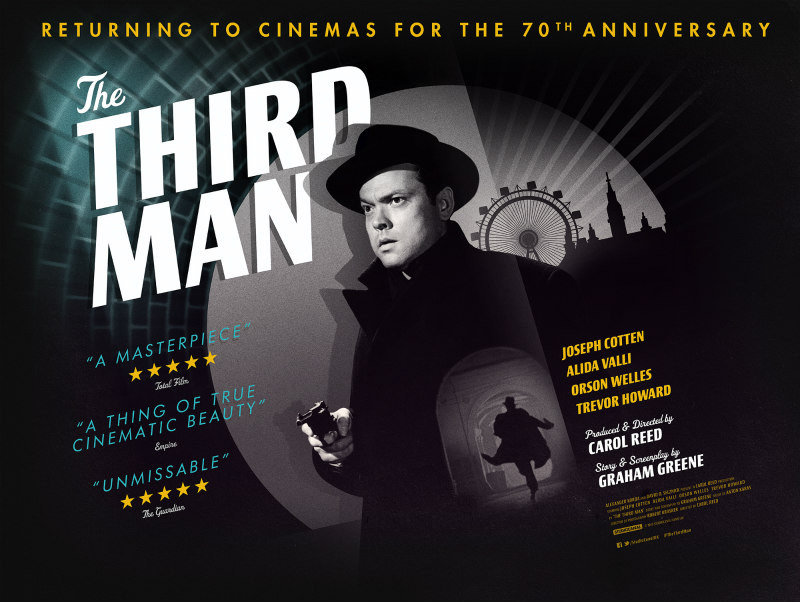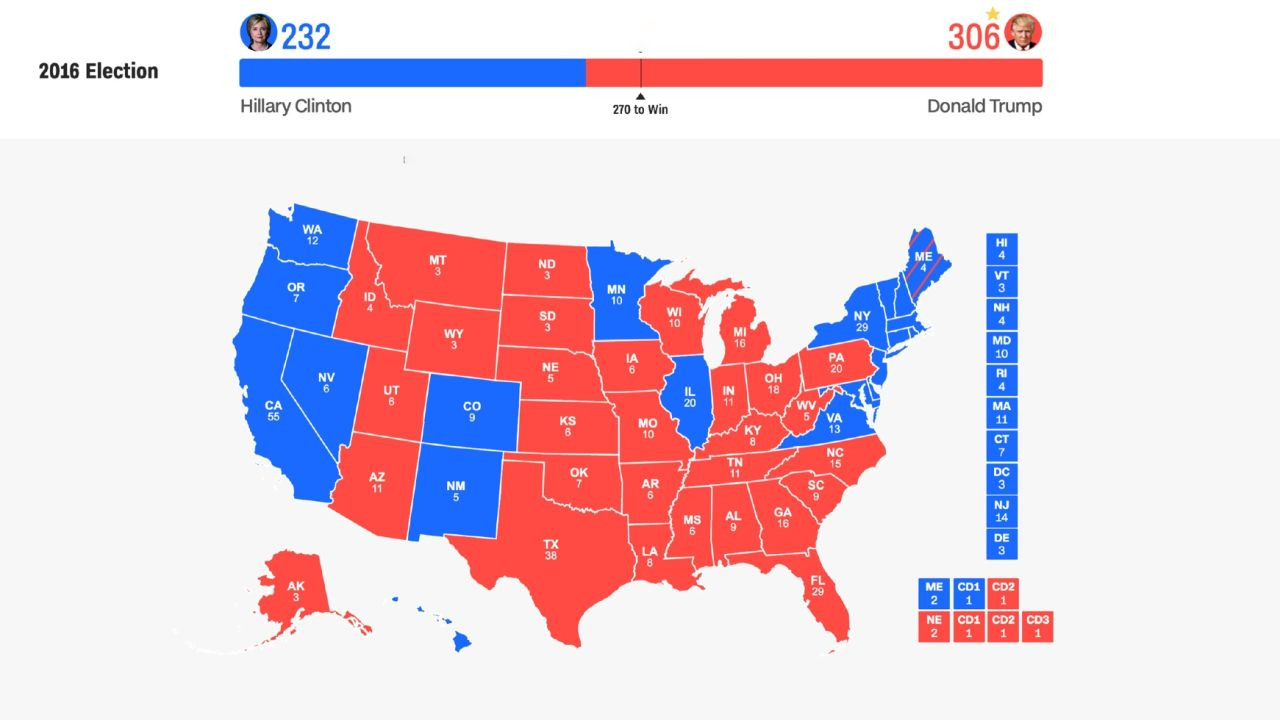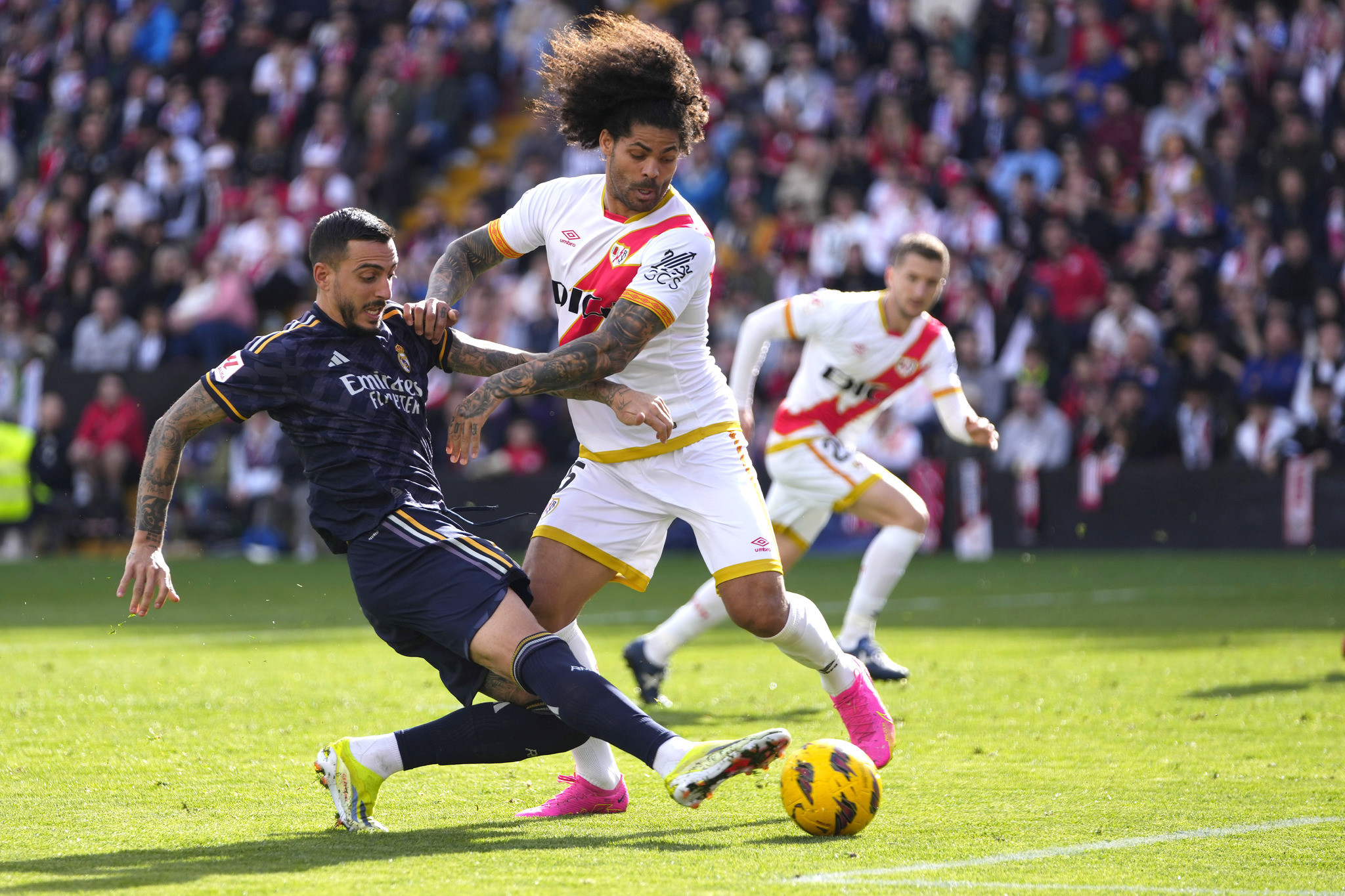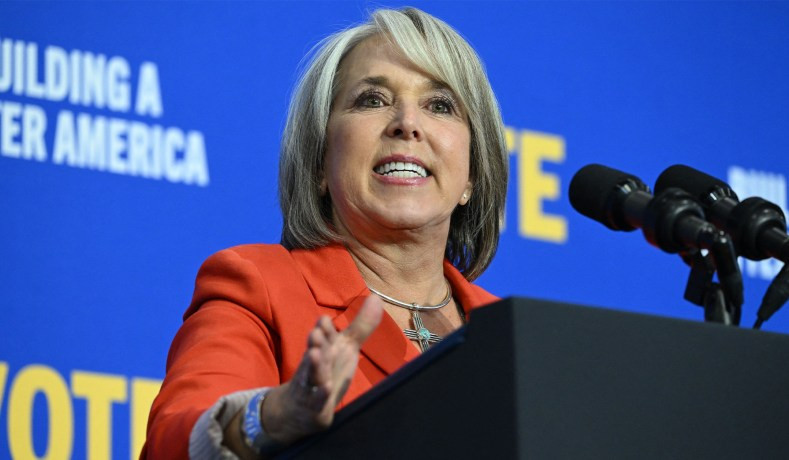Taoiseach's Election Dilemma: Canvassing with Controversy
Taoiseach Simon Harris finds himself in a precarious situation as the Irish General Election approaches. His party colleague, John McGahon, a Fine Gael candidate in Co Louth, is facing scrutiny following a High Court civil case where he was found liable for assault. This has sparked a debate about his suitability to be part of the Fine Gael campaign team, leaving the Taoiseach to wrestle with a complex political decision just days before the polls open.
The McGahon Controversy: A Timeline of Events
A video of an altercation between Mr. McGahon and a man outside a pub in Dundalk in 2018 has resurfaced online. While Mr. McGahon was found not guilty in a criminal trial, a subsequent High Court civil action ruled him liable for assault and he was ordered to pay damages. The incident has prompted criticism from other parties. A question lingers around whether voters in Louth should support him.
Public Reaction and Harris's Initial Response
The video of the 2018 altercation caused public outrage. The Taoiseach acknowledged the public's concern, stating that he understood why people were “horrified” by the video and that he was “very angry” about the matter. However, he pointed out that Mr. McGahon was found not guilty in the criminal trial, suggesting this was a key factor in his consideration.
The Taoiseach's Uncertain Stance
When directly asked if he would allow Mr. McGahon to join his canvass team in Co Louth, Mr. Harris responded with uncertainty. He emphasized that Mr. McGahon is a duly selected Fine Gael candidate and that it's up to the people of Louth to decide which candidate to support. This ambiguous stance highlights the delicate balance Mr. Harris must maintain: supporting a party member while acknowledging public sensitivity around the issue.
Navigating the Political Tightrope
This situation exposes the Taoiseach's need to balance party loyalty with public perception. While his comments about abhorring violence showcase his personal stance, his hesitation to outright exclude Mr. McGahon reveals a strategic decision—one that avoids alienating voters who might support Mr. McGahon while carefully managing potential damage to the party's image.
The Final Days of the Campaign: Awaiting a Decision
Mr. Harris stated that he “needs to reflect” on whether to include Mr. McGahon in his campaign team. He has not yet committed to visiting Louth during the final days of the campaign, further highlighting his indecision on this matter. The Taoiseach's final decision will be closely watched as it could significantly impact Fine Gael's performance in Co Louth.
The Unanswered Question
The lingering question is whether the Taoiseach will ultimately decide to allow Mr. McGahon to be part of the canvassing effort or if he will choose a path that would limit any potential negative effects on the election's outcome. The final decision will serve as a significant indicator of the party's priorities and sensitivity to public opinion.
The Stakes are High: A Defining Moment
This situation presents a crucial test for Mr. Harris's leadership. His decision, whether to include Mr. McGahon or not, will reveal how he weighs party unity against the sensitivity of the incident and the potential backlash. It will undoubtedly influence the perception of his leadership style and Fine Gael's overall approach to dealing with public expectations during this election. It will also be a crucial test of how Fine Gael prioritizes public perception and internal party politics. His decision will undoubtedly shape the narrative in the final days of this election campaign. The impact on the election will not be known until Friday when the votes are counted. The upcoming election is far from certain. The Irish electorate is set to make a vital choice.




